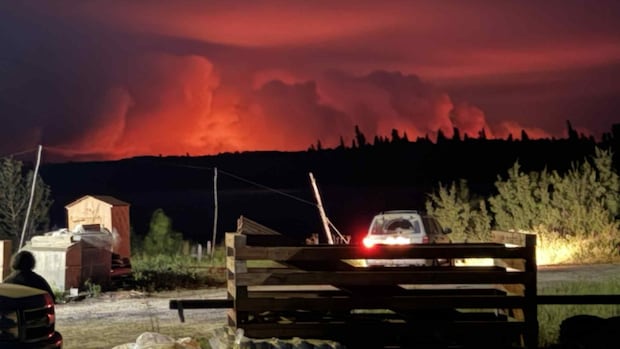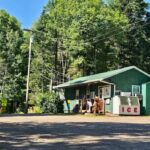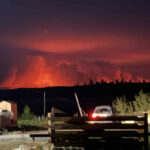The isolated community of Pikangikum First Nation in northwestern Ontario is grappling with a severe food security crisis after prolonged power outages spoiled thousands of dollars worth of food. As winter approaches, this remote fly-in community of approximately 3,800 residents faces mounting challenges that highlight the fragile infrastructure supporting many Indigenous communities across Canada.
“We lost everything in our freezers—all our wild meat, fish, and traditional foods that were supposed to last through winter,” explains Community Elder Martha Quill, whose family lost an estimated $1,200 worth of food. “When you’re 100 kilometers from the nearest grocery store and accessible only by air most of the year, these losses are devastating.”
The power disruptions, which began in early October and continued intermittently for nearly two weeks, have affected nearly every household in the community. According to Pikangikum’s leadership council, approximately 85% of families reported significant food spoilage, with losses averaging between $800-$1,500 per household.
Chief Dean Owen describes the situation as “an emergency within existing emergencies,” noting that Pikangikum was already facing housing shortages and limited access to clean drinking water. “When the power goes out, we lose not just food but water pumping systems and heat. With temperatures already dropping below freezing at night, this creates dangerous conditions.”
The aging diesel generators that power the community have repeatedly failed despite recent maintenance. Engineers dispatched to the area report that parts replacement has been complicated by supply chain issues and the community’s remote location, approximately 225 kilometers north of Kenora.
Indigenous Services Canada has acknowledged the crisis but faces criticism for what community leaders describe as a slow response. “By the time emergency provisions arrive, families have already gone hungry,” says Community Coordinator Sarah Moose. “We need sustainable solutions, not just emergency responses.”
The Pikangikum situation reflects broader infrastructure challenges facing remote First Nations communities. Across northern Ontario, 31 First Nations communities rely primarily on diesel generation, with many experiencing similar reliability issues that directly impact food security.
A coalition of First Nations leaders is calling for accelerated investment in connecting remote communities to Ontario’s power grid. “This isn’t just about electricity—it’s about food sovereignty and the right to basic services that most Canadians take for granted,” explains Grand Chief Alvin Fiddler of Nishnawbe Aski Nation, which represents 49 First Nations in northern Ontario.
Ontario Energy Minister Todd Smith indicated that the province is “exploring options” to address the immediate crisis, while federal Indigenous Services Minister Patty Hajdu has promised to expedite emergency funding for food replacement.
For residents like Martha Quill, however, the immediate concern is more practical. “Winter is coming, and we’re starting from zero. How do we rebuild our food stores when the next power outage could happen any day?”
As temperatures continue to drop across northern Ontario, the question remains: will sustainable solutions arrive before the next crisis hits communities already living on the edge of Canada’s infrastructure frontier?























